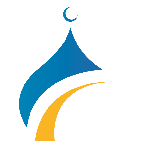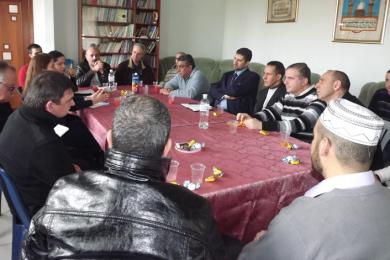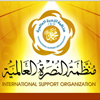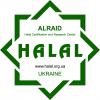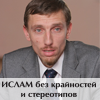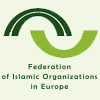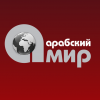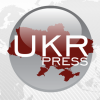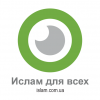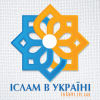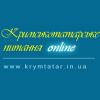You are here
Add new comment
The problem of foreigners is not new for Kharkov, as the city has long been the native one for comers from many countries of which many had to stay here for various reasons.
The round table devoted to rights of refugees in Ukraine and issues specific to foreign citizens in Ukraine was held on February 21, 2013, in the Kharkov Islamic Cultural Center. These issues have long been important and relevant for Kharkov as a multinational city and a major students center in Ukraine.
The discussion was contributed by representatives of the U.N. High Commissioner for Refugees in Ukraine and Muslim associations of Kharkov: Palestinian Diaspora, Syrian House, Kurd community, the Public Organization “Al-Manar”, the Lebanese party “Future”, and the Association of Moroccan Citizens.
Refugees and seekers for refuge
Representatives of the U.N. High Commissioner for Refugees gave a review of questions asked by refuge seekers and the realities faced by them in Ukraine. Also, they showed statistics on the numbers of applicants for refugee status and those who was granted it (in 2012).
According to official data, while the average annual number of applicants for refugee status in Ukraine used to be 1.5 thousand people, at the end of 2012 it reached 2.5 thousand. The majority are refuge seekers from Afghanistan and Kyrgyzstan, and the rest are natives of more than 20 countries.
Documents are accepted from only half of the applicants, of which only a small share are granted refugee status.
Foreign students in Kharkov
Members of Muslim associations from Kharkov spoke out the hope that events like this would draw more attention of the U.N. and Ukrainian officials to the refugee situation in Ukraine and have positive effects for foreign students stay in Ukraine.
Nearly 12,000 foreign students have been registered in Kharkov by now, of which many have memberships in the associations represented at the round table. A major part of these young people suffer from rigid police watch, as they are regularly stopped for “document check” or there have been cases of unmotivated insults (power abuse).
Overlooking this would be inhuman but also unreasonable in economic terms, as these students take with them to Ukraine not only thirst for knowledge, but money to pay for education, accommodation and daily needs.
